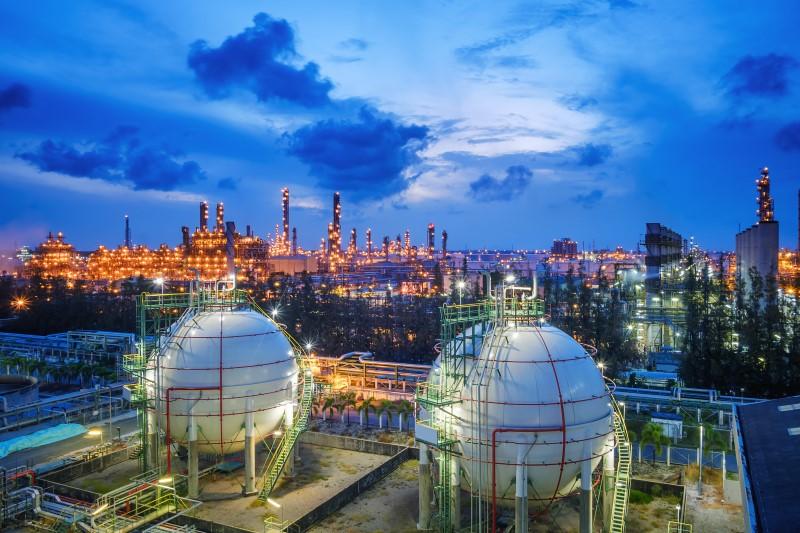Mozambique’s Booming Gas Sector: A Driving Force Behind Africa’s Economic Growth, According to AEC
As Africa’s energy landscape rapidly evolves, Mozambique is emerging as a pivotal player in the continent’s natural gas industry. The African Energy Chamber (AEC) highlights Mozambique’s vast gas reserves and forward-thinking development strategies as key elements positioning the country to influence both regional and global energy markets. In the wake of post-pandemic recovery efforts, Mozambique’s natural gas sector offers significant opportunities for job creation, attracting foreign investment, and strengthening energy security across Southern Africa. This article delves into the AEC’s analysis of Mozambique’s role in shaping Africa’s energy future and its implications for stakeholders worldwide.
Mozambique’s Immense Gas Reserves: Catalyzing Economic Transformation Across Africa
Mozambique boasts one of the largest untapped offshore natural gas fields globally, with estimates reaching around 180 trillion cubic feet. This colossal resource endowment positions the nation as a potential heavyweight in global energy supply chains. Harnessing these reserves could significantly boost Mozambique’s GDP while establishing it as a leading exporter on international platforms. The government has actively sought to attract robust foreign direct investment (FDI) aimed at developing critical infrastructure necessary for extraction and export operations—laying groundwork for broader economic diversification.
Beyond national gains, expanding Mozambican gas production promises enhanced regional energy stability by supplying cleaner fuel alternatives amid persistent power deficits affecting many Southern African countries. Key strategic initiatives underway include:
- Global Collaborations: Partnering with multinational corporations to construct state-of-the-art liquefied natural gas (LNG) terminals.
- Job Creation: Generating thousands of employment opportunities spanning exploration activities, processing plants, logistics networks, and support services.
- Energy Access Expansion: Facilitating reliable electricity delivery to millions within neighboring nations.
As demand from surrounding countries grows for Mozambican exports, this dynamic fosters deeper regional integration while advancing continental ambitions toward self-reliant power generation.
Strategic Infrastructure Development: Unlocking Full Potential of Mozambique’s Gas Industry
To fully realize its vast hydrocarbon potential, Mozambique must prioritize substantial investments in essential infrastructure sectors that underpin efficient resource exploitation. Recent studies emphasize urgent capital deployment across several critical domains:
- Transport Networks: Modernizing roads, railways, and port facilities to facilitate smooth transit of equipment and LNG cargoes.
- Domestic Power Plants: Building advanced generation units capable of utilizing natural gas locally while supporting industrial growth.
- LNG Processing Facilities: Establishing cutting-edge liquefaction plants designed for high-volume exports meeting stringent international quality standards.
These targeted investments will not only increase production capacity but also cement Mozambique’s status as an indispensable hub within Southern Africa’s evolving energy framework. The positive ripple effects extend beyond borders—stimulating employment across diverse sectors while promoting sustainable development practices.
A collaborative approach involving public-private partnerships remains crucial in securing FDI required to bring these projects to fruition. Projected employment figures linked with sector expansion illustrate this upward trajectory:
| Year | Total Jobs Anticipated | Main Sector Impacted |
|---|---|---|
| 2025 | 12,000+ | LNG Exploration & Extraction |
| 2027 | 25,000+ | LNG Processing & Refinement |
| >2030 | < td >40 , 000 +< / td >< td >LNG Export & Distribution< / td > tr > tbody > table >
| Proposed Collaborative Frameworks | Overview | < / tr >
|---|---|

